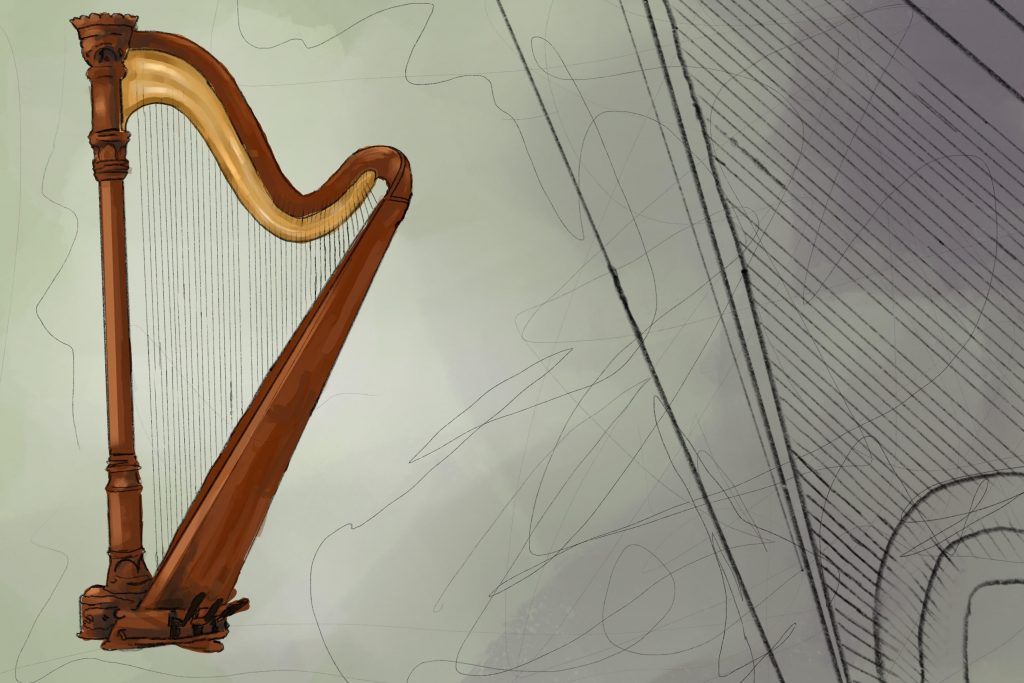
Orchestral Classical Concert FAQs
I’ve never been to an orchestra concert before. What should I expect?
Expect to enjoy yourself! This is the time to let go of any preconceptions you may have about classical music or the concert experience. If you feel a little nervous, that’s okay. Some things about the concert may seem strange because they’re new to you, but if you just focus on the music you’ll have a great time.
Open yourself up to the music. Let it trigger your emotions, maybe even your memories. Feel the rhythms; follow the tunes. Watch the musicians and the conductor, and see how they interact with each other. Notice how the music ebbs and flows, surging and powerful at some times, delicate and ephemeral at others, and everything in between.
What if I don’t know anything about classical music? Do I need to study beforehand?
There’s no need to study. The music will speak for itself. Just come and enjoy! Over time, many frequent concertgoers do find their enjoyment is deeper if they prepare for a concert. This can be simple, like reading the program notes beforehand; or it can be more involved, like listening to recordings of the music to be performed in the days before they attend a concert. But if studying isn’t your thing, there’s no need to be concerned about it.
Will I recognize any of the music?
You might. Classical music is all around us: in commercials, movies soundtracks, television themes, cartoons, retail shops and even some elevators! Popular music often quotes classical melodies, too.
What should I wear?
There is no dress code! Anything that makes you feel comfortable is fine. Most people will be wearing business clothes or slightly dressy casual clothes, but you’ll see everything from khakis to cocktail dresses.
Should I arrive early?
Absolutely! Plan to arrive before concert time, so you can find your seat, turn off your cell phone, take a look at your surroundings, absorb the atmosphere, and have time to glance through the program book, too. You won’t be alone. Most concertgoers make a point of coming early to read the program notes, or just watch the orchestra warm up.
If you are late, there are guidelines:
Open the door and enter when you hear applause – as no one is performing at that time. When you do come in, quickly pick a seat in the back.
The all-time greatest times to leave a hall: intermission and at the end. If you must leave, except in the case of emergency, wait for the right time:
Best choice – during applause
Good choice – in between pieces.
How long will the concert be?
It varies, but most orchestra concerts are about 90 minutes to two hours long, with an intermission at the halfway point. It’s a good idea to take a look at the program before the concert to get an idea of what to expect.
When should I clap?
This is the number one question! No one wants to clap/applaud in the “wrong” place. But it’s simpler than you may think, and quite logical on the whole.
At the beginning of the concert, the concertmaster will come onstage. The audience claps as a welcome, and as a sign of appreciation to all the musicians. After the orchestra tunes, the conductor (and possibly a soloist) will come onstage. Everyone claps to welcome them, too. Then everything settles down and the music begins. Just listen and enjoy! The audience doesn’t usually applaud again until the end of the piece.
In most classical concerts- unlike jazz or pop- the audience never applauds during the music. They wait until the end of each piece, then let loose with their applause. But this can be a little tricky, because many pieces seem to end several times- in other words, they have several parts, or “movements.” These are listed in your program.
What if you lose track, and aren’t sure whether the piece is truly over? One clue is to watch the conductor. He will turn and bow at the end of the piece.
More extroverted audience members offten shout “Bravo!” (for a male performer) and “Brava!” (for a female performer) when singers or musicians take their individual bows, or “Bravi!” for the whole ensemble.
Any food or drink?
The concert hall is not the place for food, drinks, candies, lozenges, etc. Wrappers are very distracting to both the performers and the audience. If you have cough drops, unwrap a lozenge or two before the music starts or during applause.
Also please avoid talking. Whispering is especially audible in a music hall that is designed to pick up every sound. Enjoy the music – talk later.